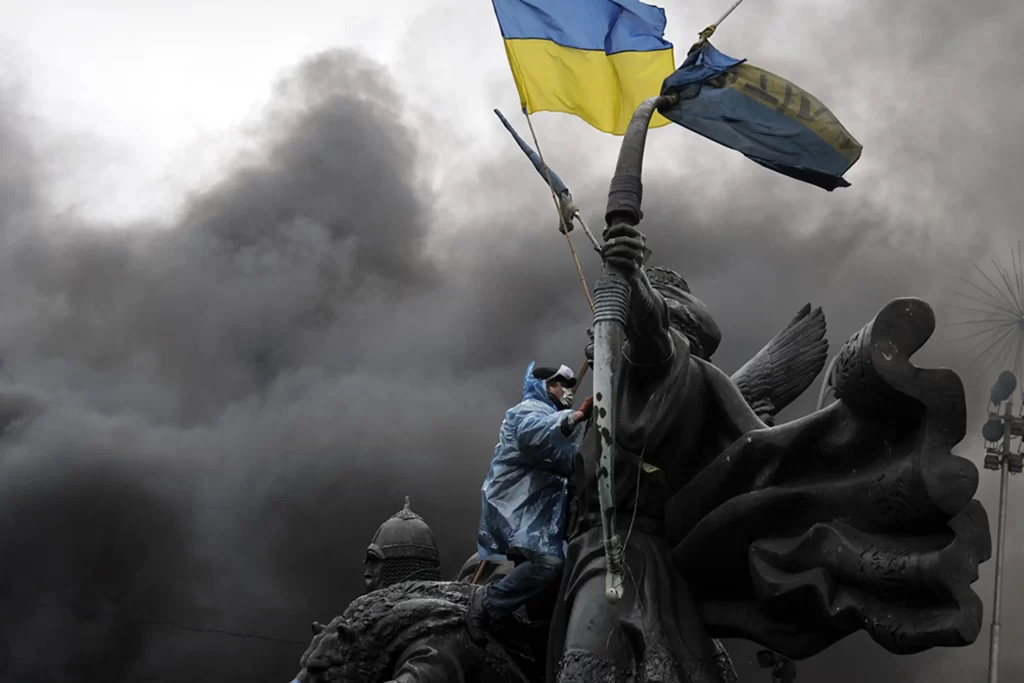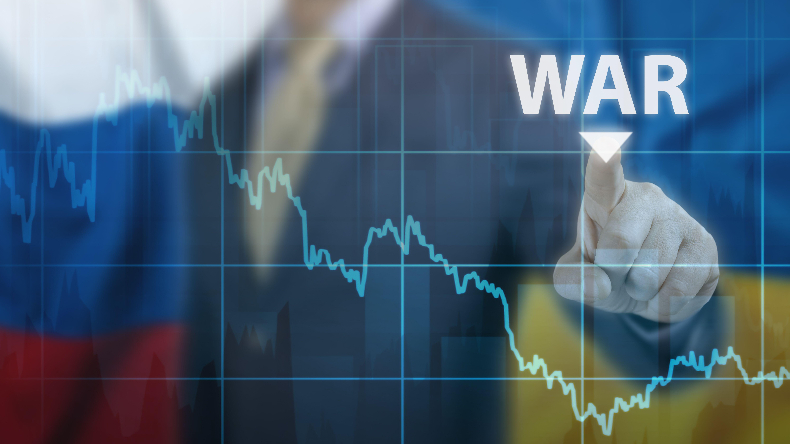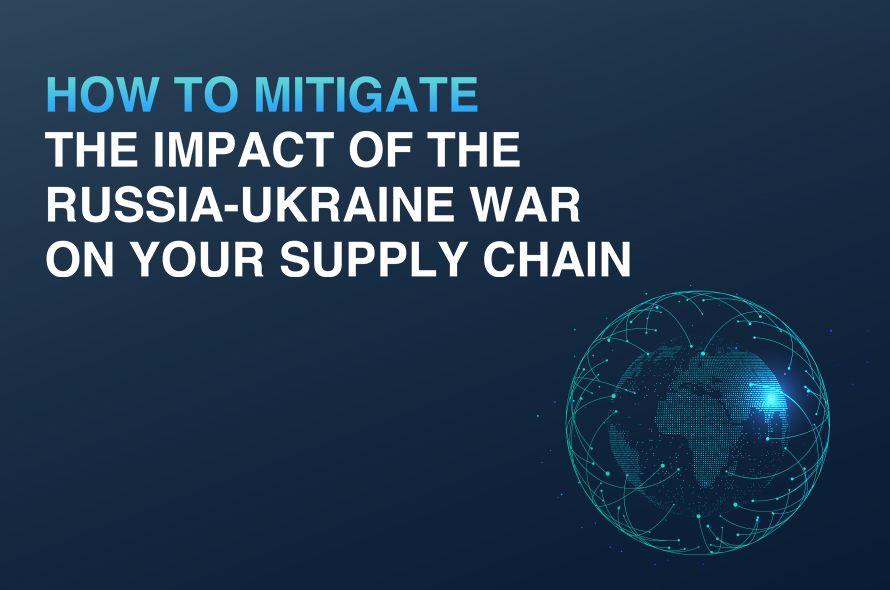he Russia-Ukraine Conflict has caused a seismic shift in the global economy, rippling through every major sector and disrupting markets in unprecedented ways. What began as a regional conflict has now impacted economies worldwide, with nations scrambling to address challenges related to energy supplies, food security, inflation, and long-term economic stability. Below is a detailed breakdown of the global economic impacts, using specific keywords to highlight the key areas of concern.
Introduction to the Russia-Ukraine Conflict
The Russia-Ukraine Conflict is not just a geopolitical event but a catalyst for economic disruption. This conflict has exacerbated global supply shortages, triggered massive inflation, and forced nations to rethink their energy dependencies and food supplies. Understanding its broader ramifications requires examining both direct and indirect effects across multiple economic sectors.

Immediate Economic Impacts on Ukraine and Russia
Both Ukraine and Russia have experienced severe economic downturns. In Ukraine, the destruction of infrastructure has devastated industries like manufacturing, agriculture, and technology. Meanwhile, Russian sanctions have crippled the country’s ability to trade, creating challenges for both local businesses and international partners.

Disruption of Global Supply Chains
The conflict has triggered a massive disruption of global supply chains, affecting critical industries dependent on exports from both Ukraine and Russia. Ukraine, known for its agricultural production, particularly grains, has caused disruptions in global food supplies. Meanwhile, sanctions on Russia have slowed the export of raw materials, affecting industries such as metals and energy.

Food Security Crisis
A major global consequence of the conflict is the growing food security crisis. Ukraine and Russia together account for a significant portion of the world’s grain exports. The disruption of these supplies has pushed global food prices to new highs, affecting developing countries the most. This food security crisis has led to increased pressure on governments to find alternative food sources and trade routes have been severely impacted.
Energy Market Fluctuations
The conflict has triggered substantial energy market fluctuations, particularly in the oil and gas sector. As Europe was heavily reliant on Russian energy, sanctions, and reduced supply have caused energy prices to skyrocket. This crisis has accelerated the global shift towards renewable energy as countries look to reduce dependence on fossil fuels, particularly from politically unstable regions.
Inflation and Economic Stability
One of the most widespread effects has been rising inflation rates globally. The disruption of key industries and commodities, such as energy and food, has led to sharp increases in prices across the board. Many economies, particularly in Europe, are experiencing economic instability, as inflationary pressures cause uncertainty in both consumer spending and business investments.
Geopolitical Shifts and Trade Relationships
The geopolitical shifts resulting from the conflict have forced countries to rethink their trade relationships. Russia’s isolation has led to the formation of new alliances, while Western nations are forging stronger ties with non-traditional partners. These changing relationships have affected global trade flows, reshaping markets and economic policies.
Investment Risks and Opportunities
The conflict has introduced new investment risks, particularly for businesses operating in Eastern Europe. However, the crisis has also opened doors for investment opportunities, especially in industries such as renewable energy, cybersecurity, and agriculture. Investors are now looking for safer alternatives as the conflict continues to create economic uncertainties.
Humanitarian Crisis and Economic Consequences
The humanitarian crisis caused by the conflict has had significant economic consequences. Refugee flows have placed additional strain on neighboring economies, while the need for humanitarian aid has diverted resources from other areas. The long-term economic impact of rebuilding war-torn regions is yet to be fully understood, but it will certainly add to the growing financial burden.
Global Economic Policy Responses
Countries around the world have implemented various economic policy responses to the crisis. Sanctions against Russia, economic aid for Ukraine, and changes in trade regulations are just a few of the policy measures being enacted. These responses are aimed at stabilizing the global economy, but their long-term effectiveness remains uncertain.
Future Projections for Global Markets
The future projections for global markets suggest that the effects of the Russia-Ukraine conflict will continue to shape economic trends for years to come. Energy and food markets will remain volatile, while inflation may persist as economies work to recover. The potential for renewed global economic partnerships and the rise of new industries will also play a critical role in the post-conflict economic landscape.
Conclusion: Navigating a New Economic Reality
In conclusion, the Russia-Ukraine Conflict has far-reaching consequences that extend beyond the battlefield. From energy markets to food security, the global economy is being reshaped by this crisis. Policymakers, businesses, and individuals must adapt to these changes to navigate the evolving economic landscape effectively.





